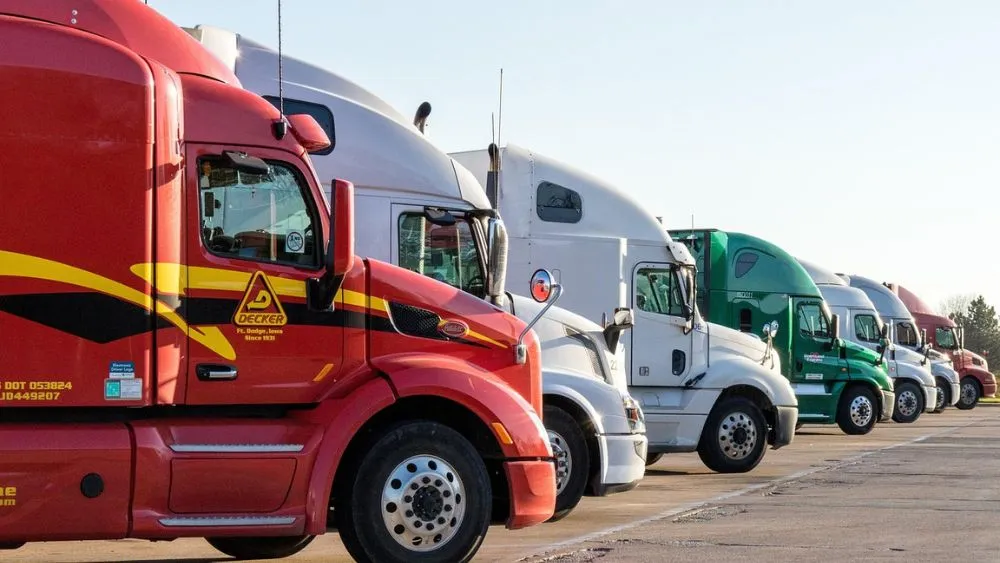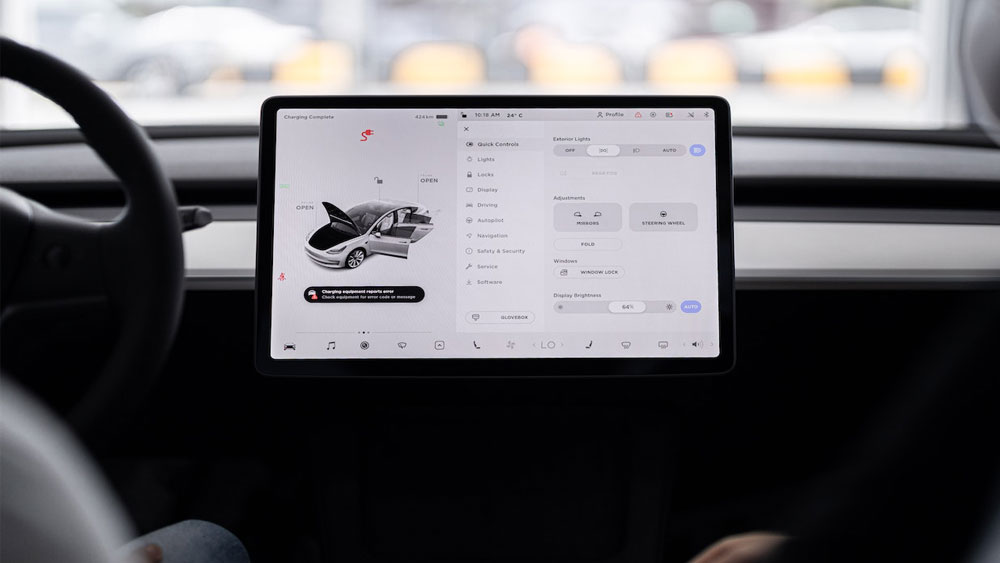How Technology is Transforming Semi Truck and Trailer Parking | Smart Solutions 2025

The freight and logistics industry continues to experience a rapid surge in demand, driven by e-commerce growth and just-in-time delivery expectations. While much attention is given to last-mile delivery and fleet efficiency, one persistent challenge often goes under the radar: the availability and management of parking for semi trucks and trailers.
With increasing regulations, driver fatigue rules, and limited urban space, finding secure, reliable parking has become a major concern for both drivers and fleet managers. Technology is now stepping in to solve this problem. From digital booking systems to advanced security measures, innovations are reshaping how parking is found, rented, and managed.
Semi Truck Parking Lots in the Digital Age
In today’s logistics environment, the semi truck parking lot has become more than just an open space for vehicles. These lots are now crucial infrastructure supporting the smooth movement of freight. Strategically located near interstates, ports, and industrial zones, they help reduce congestion, limit delivery delays, and support driver safety.
However, the traditional approach to truck parking—first-come-first-served, word-of-mouth locations, and unsecured lots—no longer meets the demands of modern logistics. That’s where technology comes in.
1. Online Booking and Space Discovery
One of the most significant advancements is the rise of online parking reservation platforms. Apps like Trucker Path, Truck Parking Club, and others allow drivers to locate nearby parking spaces in real time. These platforms offer detailed information about amenities, pricing, and availability, allowing drivers to plan ahead and reduce idle time.
2. Smart Security Systems

Modern semi truck parking lots are being equipped with high-tech security systems. Features like license plate recognition, RFID gate entry, motion-activated surveillance cameras, and 24/7 monitoring give fleet operators peace of mind. Automated gate access also ensures that only authorized drivers enter the facility, significantly reducing the risks of theft and unauthorized access.
By leveraging these tools, lot operators can offer a safer, more efficient experience while generating reliable revenue from unused or underutilized land.
The Rise of Trailer Parking for Rent
While truck parking is often focused on short-term stops, there is a parallel and growing demand for trailer parking for rent, longer-term storage options specifically for empty or loaded trailers. These sites are used by carriers, retailers, and third-party logistics companies looking to stage inventory closer to customer hubs or to park idle equipment securely.
Why Trailer Parking Is Unique
Unlike truck parking, trailer storage requires more space, secure fencing, and a different set of logistics. Trailers are often dropped off without a tractor, meaning sites must be built to accommodate disconnected units and offer secure, well-monitored facilities.
Technology Transforms Trailer Storage
Fleet managers can now reserve trailer storage online, just like truck parking. But beyond booking, platforms also allow managers to oversee trailer inventory, track unit locations, and receive alerts about movement or unauthorized access. Some facilities use smart locks and geofencing to add an extra layer of control and visibility.
Efficiency Gains and Cost Control
For logistics companies, trailer parking for rent offers clear operational benefits. It provides overflow storage during peak seasons, reduces costly detention fees at warehouses, and helps optimize load scheduling. With cloud-based management systems and predictive billing, trailer parking becomes a strategic asset rather than just a necessity.
Challenges and Considerations
Despite these advances, hurdles remain. Zoning restrictions, especially in urban or suburban areas, make it difficult to develop new lots. Smaller parking operators may also struggle to afford or implement advanced technology platforms. Additionally, there’s a digital divide—larger fleets can more easily adopt tech tools, while independent owner-operators may lack access or familiarity. Nonetheless, as industry expectations shift and regulatory requirements increase, tech adoption in parking will likely become the norm rather than the exception.
Conclusion
From dynamic booking apps to cutting-edge surveillance, technology is transforming both semi truck and trailer parking. Whether you’re operating a fleet or managing a single vehicle, these innovations bring much-needed efficiency, transparency, and security to an often-overlooked part of the logistics chain.
For companies and drivers willing to embrace the digital shift, the benefits are clear: reduced costs, safer operations, and better planning. In a competitive and fast-moving industry, finding and managing parking with the help of technology is more than convenient—it’s a game-changer.

news via inbox
Sign up and never miss out on the latest news and updates at HighStuff




